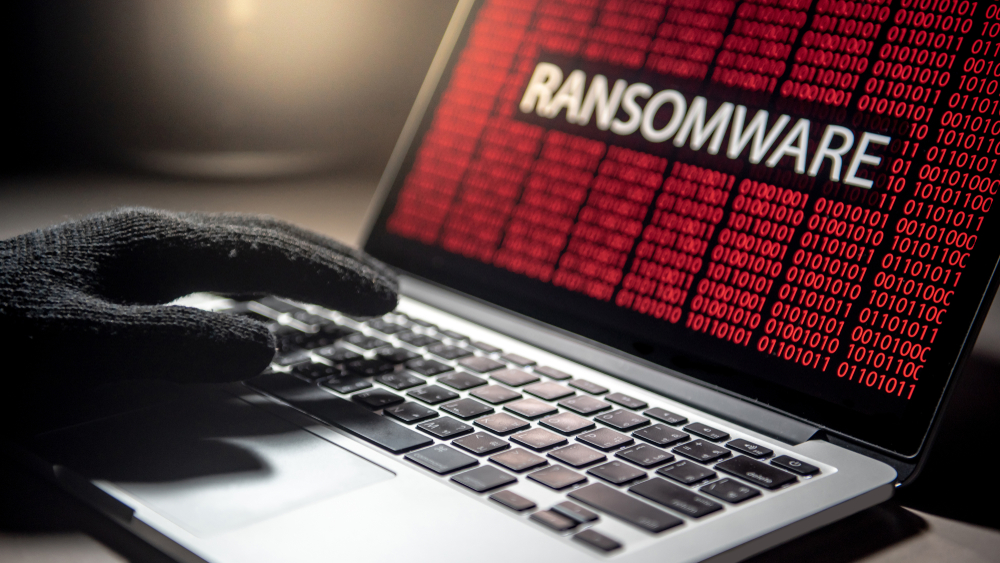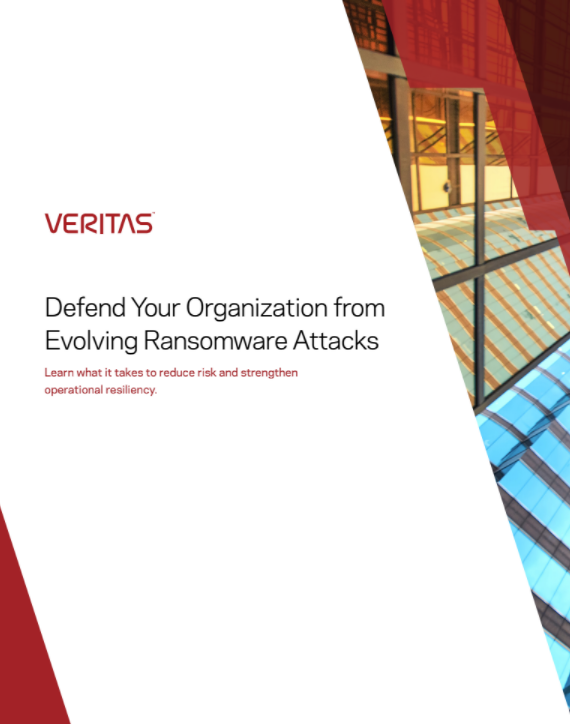New ransomware targets unpatched Microsoft Exchange servers
Vulnerabilities in server software allow Epsilon Red to encrypt data


Security researchers have discovered new ransomware targeting unpatched Microsoft Exchange servers.
Researchers spotter this new malware, called "Epsilon Red," in the wild, and it initially targeted US-based hospitality businesses, according to Sophos. The name derives from a somewhat obscure X-Men villain — a "super-soldier" alleged to be of Russian origin, sporting four mechanical tentacles and a bad attitude.
The malware was the final executable payload to the victim company, while every other early-stage component was a PowerShell script. Researchers said at least one victim had paid a ransom of 4.29 Bitcoins ($158,114) on May 15.
Researchers said the name and tooling were unique to this attacker, but the ransom note left on infected computers resembles the REvil ransomware note with a few grammatical corrections. They added that there were no other obvious similarities between the Epsilon Red ransomware and REvil.
The initial point of entry for the ransomware was an enterprise Microsoft Exchange server.
"It isn't clear whether this was enabled by the ProxyLogon exploit or another vulnerability, but it seems likely that the root cause was an unpatched server," the researchers said.
"From that machine, the attackers used WMI to install other software onto machines inside the network that they could reach from the Exchange server."
Sign up today and you will receive a free copy of our Future Focus 2025 report - the leading guidance on AI, cybersecurity and other IT challenges as per 700+ senior executives
The malware, called RED.exe, is a 64-bit Windows executable programmed in the Go language, compiled using the MinGW tool, and packed with a modified version of the runtime packer UPX.
RELATED RESOURCE

Defend your organisation from evolving ransomware attacks
Learn what it takes to reduce risk and strengthen operational resiliency
Epsilon Red makes no network connections and uses PowerShell scripts to then kill off system processes before deleting Volume Shadow Copies. Most of the scripts are numbered from 1 to 12, but several are named with the same letter. One of them, c.ps1, appears to be a clone of the Copy-VSS penetration-testing tool.
The ransomware then encrypts inside the folder, including other executables and DLLs, which can render programs or the entire system non-functional if the ransomware encrypts the wrong folder path. In each encrypted folder, the malware creates a ransom note with instructions on contacting cyber criminals and paying for decryption.
Researchers said that as the ingress point for this attack appears to have been an Exchange server vulnerable to the ProxyLogon exploit chain, "customers are urged to patch internet-facing Exchange servers as quickly as possible."
Rene Millman is a freelance writer and broadcaster who covers cybersecurity, AI, IoT, and the cloud. He also works as a contributing analyst at GigaOm and has previously worked as an analyst for Gartner covering the infrastructure market. He has made numerous television appearances to give his views and expertise on technology trends and companies that affect and shape our lives. You can follow Rene Millman on Twitter.
-
 The FBI has seized the RAMP hacking forum, but will the takedown stick? History tells us otherwise
The FBI has seized the RAMP hacking forum, but will the takedown stick? History tells us otherwiseNews Billing itself as the “only place ransomware allowed", RAMP catered mainly for Russian-speaking cyber criminals
-
 Everything we know so far about the Nike data breach
Everything we know so far about the Nike data breachNews Hackers behind the WorldLeaks ransomware group claim to have accessed sensitive corporate data
-
 There’s a dangerous new ransomware variant on the block – and cyber experts warn it’s flying under the radar
There’s a dangerous new ransomware variant on the block – and cyber experts warn it’s flying under the radarNews The new DeadLock ransomware family is taking off in the wild, researchers warn
-
 Hacker offering US engineering firm data online after alleged breach
Hacker offering US engineering firm data online after alleged breachNews Data relating to Tampa Electric Company, Duke Energy Florida, and American Electric Power was allegedly stolen
-
 Cybersecurity experts face 20 years in prison following ransomware campaign
Cybersecurity experts face 20 years in prison following ransomware campaignTwo men used their tech expertise to carry out ALPHV BlackCat ransomware attacks
-
 15-year-old revealed as key player in Scattered LAPSUS$ Hunters
15-year-old revealed as key player in Scattered LAPSUS$ HuntersNews 'Rey' says he's trying to leave Scattered LAPSUS$ Hunters and is prepared to cooperate with law enforcement
-
 The Scattered Lapsus$ Hunters group is targeting Zendesk customers – here’s what you need to know
The Scattered Lapsus$ Hunters group is targeting Zendesk customers – here’s what you need to knowNews The group appears to be infecting support and help-desk personnel with remote access trojans and other forms of malware
-
 Impact of Asahi cyber attack laid bare as company confirms 1.5 million customers exposed
Impact of Asahi cyber attack laid bare as company confirms 1.5 million customers exposedNews No ransom has been paid, said president and group CEO Atsushi Katsuki, and the company is restoring its systems


